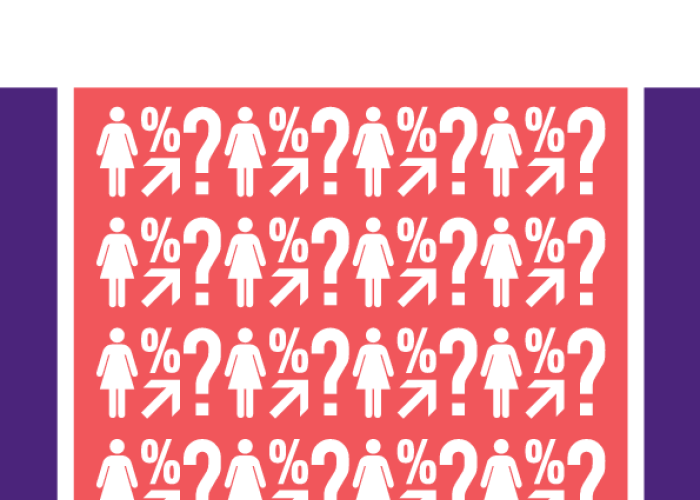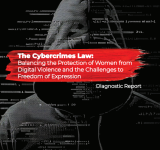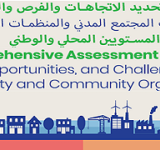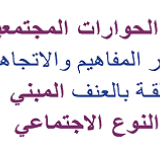Who are women prisoners? Survey results from Jordan and Tunisia

Who are the women held on remand or imprisoned following conviction? What offences have they been charged with or convicted of? What triggered their confrontation with the criminal justice system? What is their background? Do they have dependent children? Were they employed prior to arrest and what is their level of education? Have they experienced violence or do they have a history of drug or alcohol dependency? What are the consequences for them of conviction and imprisonment? And perhaps most importantly: what kind of support do these women feel would help them most in building new,self supporting lives following release? Answers to these questions are of more than just academic interest. Increasing the knowledge about the background,characteristics and social reintegration needs of female offenders is an important first step for policy-makers and practitioners to review and adjust legislation and policies in a gender-sensitive way. It is worth emphasising that treating women offenders and prisoners differently from their male counterparts is not unfair or discriminatory. In fact the reverse is true. Women offenders and prisoners have distinctive needs that must be identified and addressed so that they receive equitable treatment. This research project does not assess how far states have progressed towards implementing the UN Rules for the Treatment of Women Prisoners and Non custodial Measures for Women Offenders (the Bangkok Rules),its objective is to support the implementation of the international standards set by the Bangkok Rules. By providing facts and figures,the report seeks to illustrate the need for gender specific policies that respond to the needs of women in prison,and to enable countries to identify the key areas which need to be addressed as a matter of priority.


